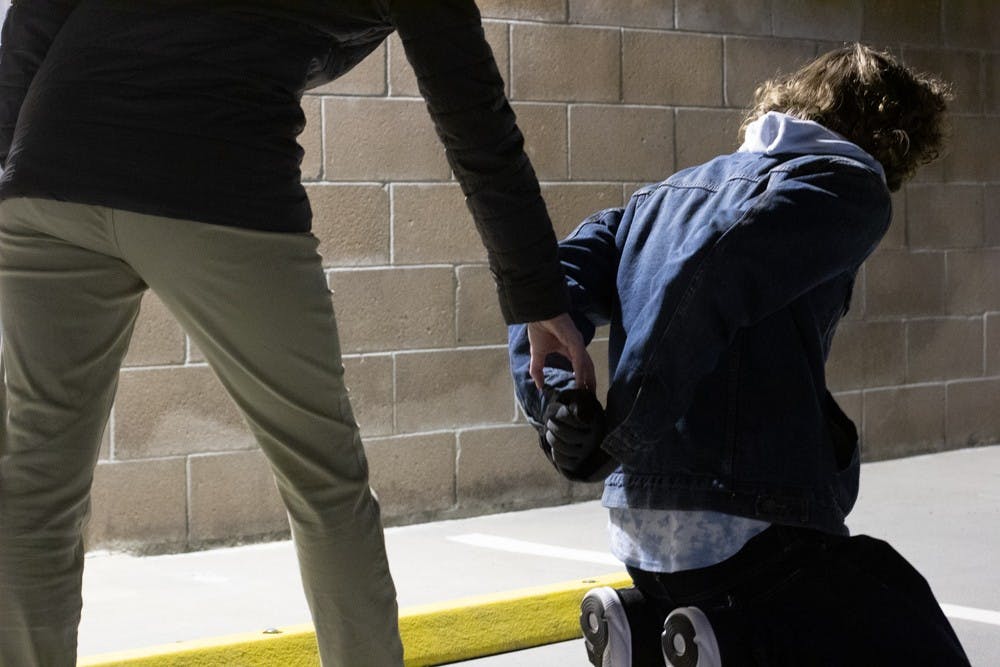North Carolina is the last state in the country to adopt a Raise the Age law that no longer automatically charges 16-year-olds as adults.
The state had prosecuted 16-year-olds in the adult criminal justice system since 1919, and after the New York Raise the Age law went completely in effect on Oct. 1, 2019, North Carolina was the last one in the United States to do so.
North Carolina's Raise the Age law went into effect on Dec. 1, 2019, meaning 16- and 17-year-olds are no longer automatically charged as adults for most crimes.
The Juvenile Justice Reinvestment Act (JJRA) was passed by the General Assembly in 2017 following years of research, public advocacy and a recommendation by a state commission established in 2015 to evaluate the criminal justice system.
William Lassiter, deputy secretary of juvenile justice for the N.C. Department of Public Safety, said it took two years to prepare for the law's implementation.
“One thing we learned from other states was that if you just immediately change the law and weren’t prepared for the change that it could overwhelm the system on the first day,” Lassiter said. “We wanted to make sure we didn’t do that, that we were prepared so the change in the law would go smoothly and the policy could actually reap the benefits we see that it will in the future.”
The JJRA increases the age of juvenile court jurisdiction to cover 16- and 17-year-olds that committed any misdemeanor and Class H and I felonies, like possession of stolen goods. However, all motor vehicle offenses are excluded from juvenile court jurisdiction.
If the juvenile has a prior conviction, they will be tried in the adult criminal court, which is referred to as “once an adult, always an adult.” The exception is any motor vehicle misdemeanors or infractions not involving impaired driving.
Class A through G felonies committed by juveniles — such as murder and armed robbery — will start in the juvenile court system, but the act expedites transfer to adult court if the prosecutors find probable cause or the juvenile is indicted.



